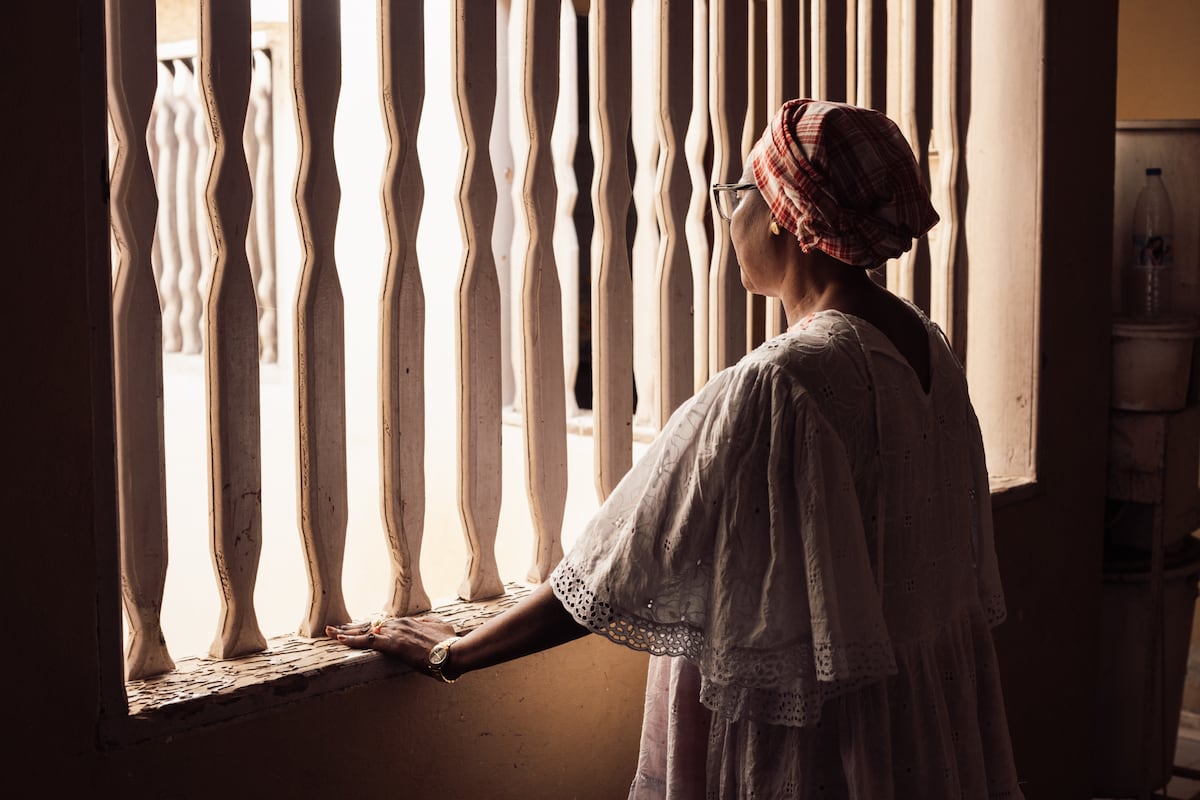
"Mariam, a Senegalese mediator for the NGO Aboya who has been living with HIV since 2007, lowers her head and cries. In recent months, three of the patients she monitored to ensure they took their medication have died. She says that, due to the cuts in international aid, patients have faced difficulties in accessing their treatments consistently and discreetly with the help of a counselor."
"We even used to pay for people with disabilities to go to their appointments. We can't anymore, says Mariam who is a volunteer in the only NGO in the country that serves women living with HIV. Discrimination is intense; Mariam is still afraid of being discriminated against and asks EL PAIS not to use her real name and to photograph her from behind."
"Discrimination is intense; Mariam is still afraid of being discriminated against and asks EL PAIS not to use her real name and to photograph her from behind. I also don't have transport provided now. But I can't give up, so I pay for it myself and visit them at their homes so they can continue their treatment. Today I am strong thanks to the fact that I also had a mentor,"
Mariam, a Senegalese mediator living with HIV since 2007, monitors patients' medication adherence and has lost three recent patients. Cuts in international aid have made consistent, discreet access to treatment and counselor support difficult. The NGO Aboya, operating since 2001, has benefited nearly 500 women and children across three regions while guaranteeing anonymity. Donor funding cuts suspended 15% of Aboya's activities and removed mediator presence in care centers. Without mediators, medication adherence and physical and mental monitoring decline, especially for those rejected by families. The 2024 Stigma Index 2.0 reports 18% of the population suffered HIV-related stigmatization.
Read at english.elpais.com
Unable to calculate read time
Collection
[
|
...
]